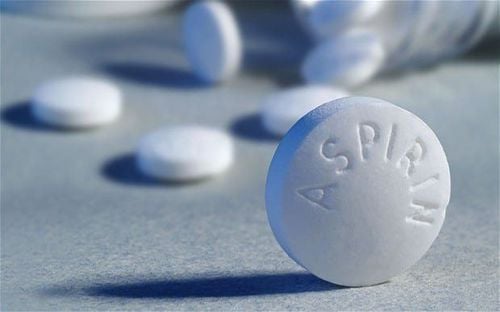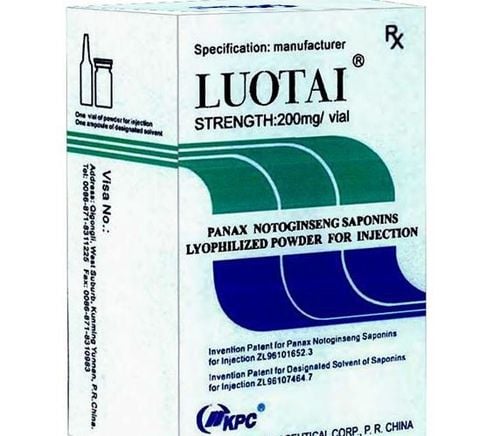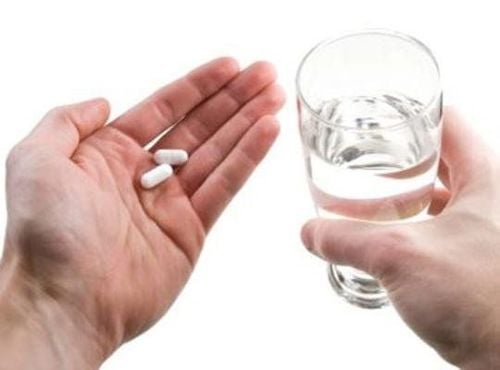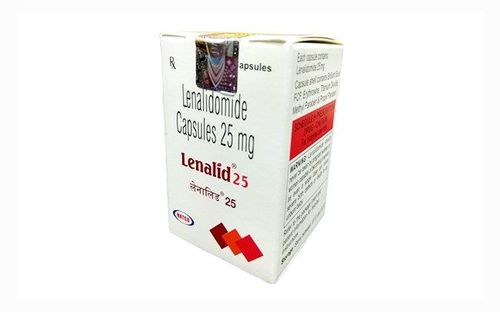This is an automatically translated article.
Anticoagulants are used to prevent and treat diseases caused by blood clots. However, the use of anticoagulants has many caveats. Doctors and patients need to closely monitor the signs regularly to promptly handle the side effects of anticoagulants.
1. Anticoagulant drugs
Currently there are 3 main classes of anticoagulants used in the treatment and prevention of diseases caused by blood clots.
Heparin (including 2 types of normal molecular weight Heparin and low molecular weight Heparin): The drug is used with subcutaneous or intravenous injection, not intramuscular injection. Depending on the molecular weight of the drug, the action of Heparin is fast or slow. Heparin helps prevent the formation of blood clots both inside and outside the body quickly, so it is used in the treatment and prevention of diseases such as pulmonary embolism, hemodialysis, deep vein thrombosis of the lower extremities and syndromes. acute coronary syndrome (combined treatment).
Vitamin K antagonists: This is an anticoagulant that is taken orally, the drug is quickly absorbed through the gastrointestinal tract, but has a slow effect, after taking about 2 - 5 days. The drug is used in the treatment of prolonged anticoagulation after treatment with Heparin by reducing vitamin K in hepatocytes.
Antiplatelet drugs (including 5 main groups: Aspirin, Clopidogrel (Plavix), Ticlopidine (Ticlid), Dipyridamole (Aggrenox, Persantine) and Triflusal (Disgren)):

Aspirin là thuốc chống kết tập tiểu cầu
This is an anticoagulant used in primary hemostasis to prevent the formation of platelet plugs. The drug is mainly used in patients with myocardial infarction, cerebrovascular accident, acute coronary syndrome, angina pectoris for the long-term prevention of events caused by blood clots in the arteries.
2. Side effects of anticoagulants
Here are some side effects of anticoagulants that should be kept in mind when used in treatment:
Bruising under the skin Bleeding at the roots of teeth or nose Urine and stools are pink, red, brown, black Menorrhagia or heavy bleeding Abdominal pain, vomiting blood Internal bleeding or bleeding in the brain can lead to death. During the use of anti-clotting drugs, if the above symptoms appear, the patient should immediately notify the doctor or be taken to a medical facility for timely treatment.

Tác dụng phụ của thuốc chống đông máu gây đau bụng
3. Note when using anti-clotting drugs
In addition to the possible undesirable side effects mentioned above, patients should also note the following information when using anti-clotting drugs:
Take the drug at the right dose and continuously at a fixed time in day. Do not suddenly stop taking the medicine without consulting your doctor. If you forget to take the medicine within 8 hours, you can take the missed dose again, if it is more than 8 hours, skip it. Do not take a double dose. Follow-up examination and do tests as ordered by the doctor. When performing procedures, surgery or medical examination, the treating doctor must be informed. Do not arbitrarily buy and take medicine because anticoagulants can interact with many other drugs. Women should avoid becoming pregnant while taking the drug. If you are planning to become pregnant or want to breastfeed your baby, you should discuss this with your doctor. While taking the drug, the patient should limit alcohol consumption and foods high in vitamin K if taking anticoagulants with vitamin K antagonists.

Trước khi sử dụng thuốc hãy hỏi ý kiến bác sĩ
One of the side effects of anticoagulants can cause bleeding, so when taking the drug, the patient should be closely monitored and promptly reported the situation to the doctor.
Please dial HOTLINE for more information or register for an appointment HERE. Download MyVinmec app to make appointments faster and to manage your bookings easily.













